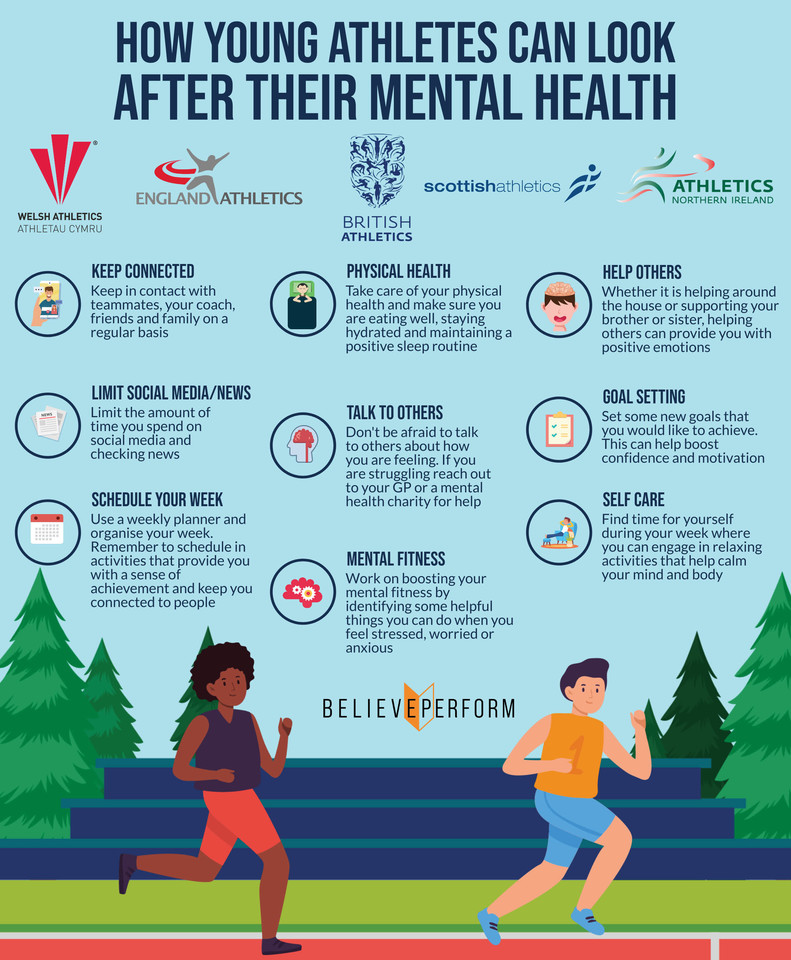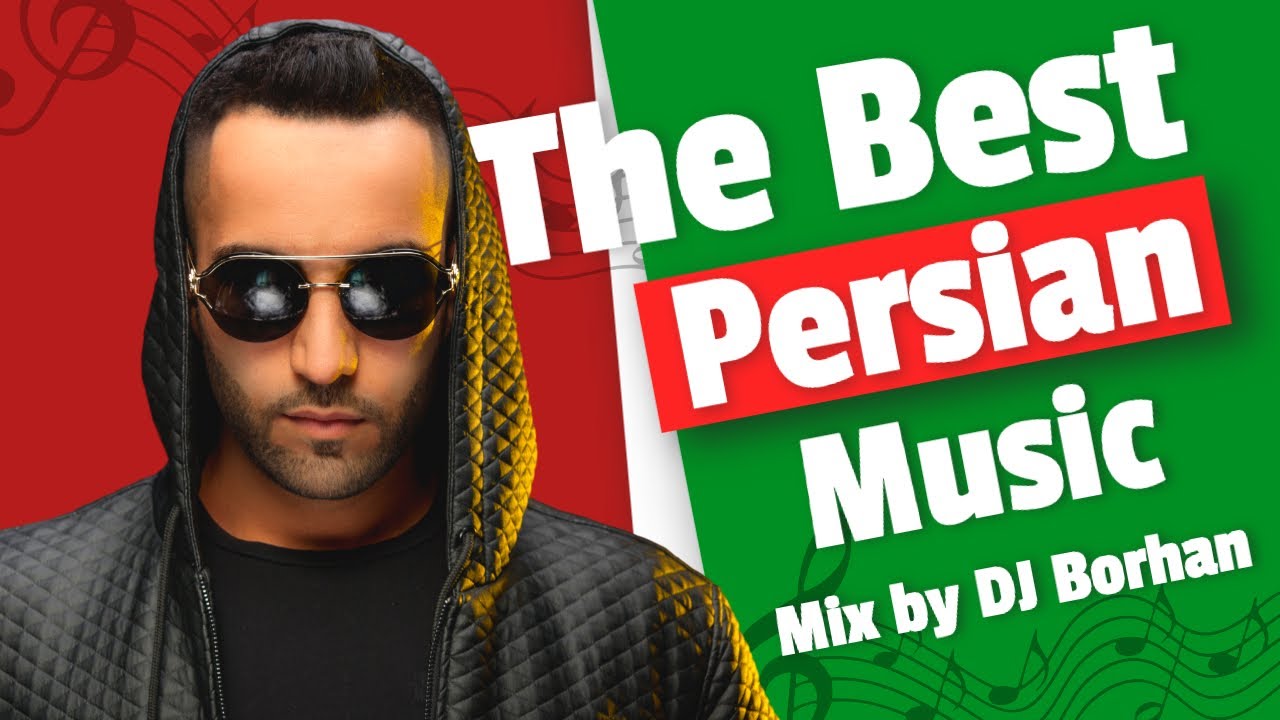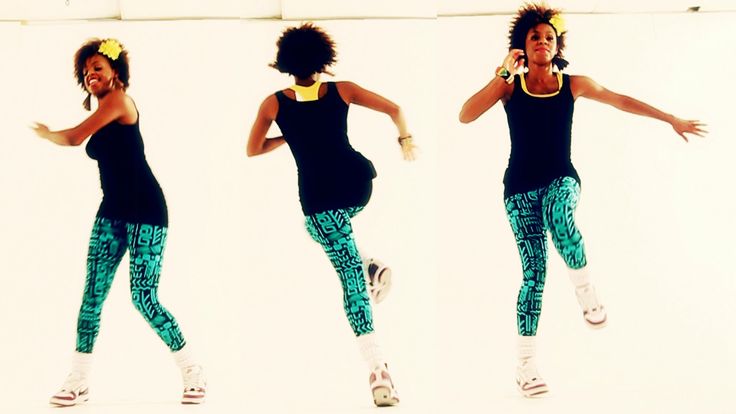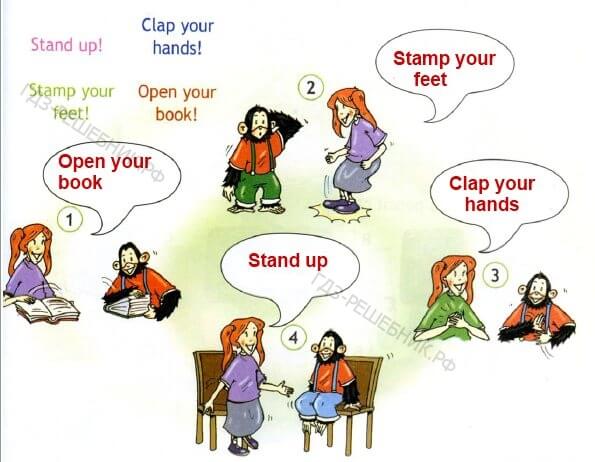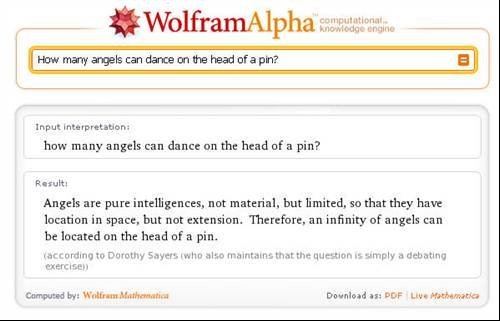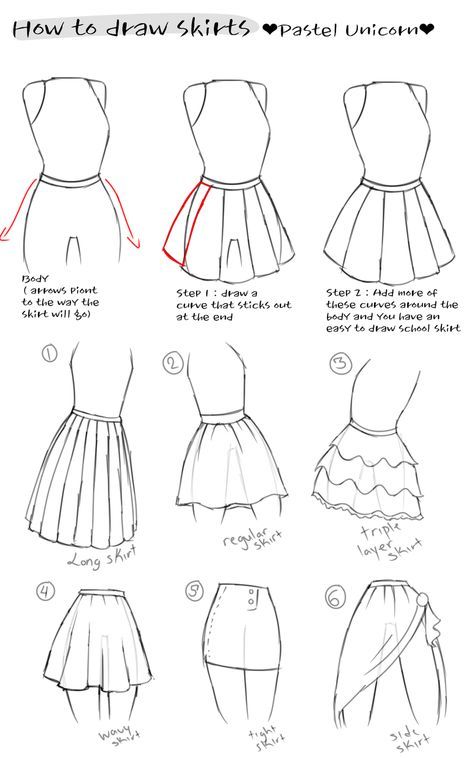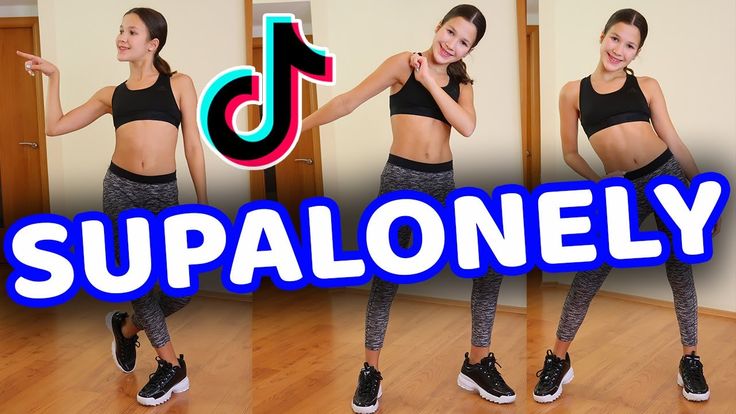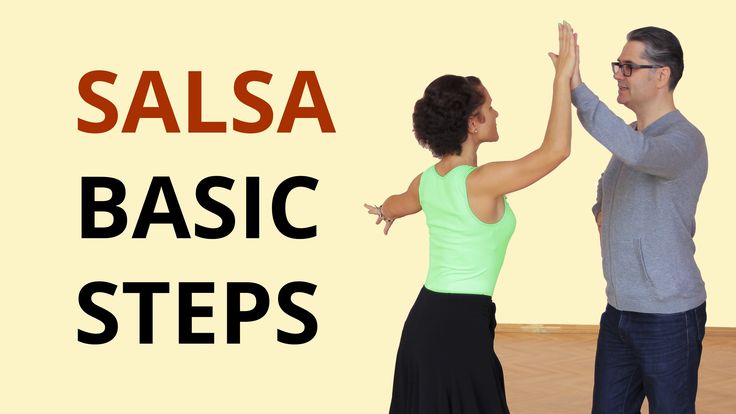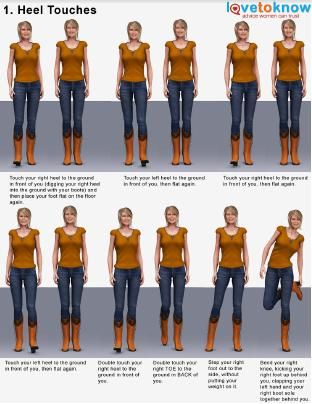How can dance improve your mental health
How Dancing Affects Mental Health | Elite Dance Stuiod
While the physical benefits of dance are innumerable, dancing can also have a positive impact on mental health.
These benefits are not simply limited to reducing depression and anxiety. Dance is an amazing activity for developing confidence as well as cognitive and communication skills.
Improving mental health and developing cognitive abilities through dance is possible for people of all ages – children, adults, and seniors. Anyone can experience the mental health benefits of participating in dance lessons.
How Dancing Benefits Mental Health
Boosts Confidence
Dancing is beneficial in increasing self-esteem and boosting confidence by fostering self-expression and developing social skills.
Dance provides an environment in which individuals can develop a sense of connection and togetherness with other dancers. This strengthening of social bonds helps to build social confidence and reduce social anxiety.
Individuals who dedicate themselves to dance learn the importance of grit and perseverance. This drive and motivation eventually leads to a sense of accomplishment. Dancers feel a boost of confidence as they master routines and achieve their goals.
Reduces Depression and Anxiety
The physical movements of dance have been shown to reduce levels of stress, anxiety and depression. Much like aerobic exercise, dance provides relief from stress and tension.
Physical exercise elevates dopamine and endorphins, two neurotransmitters responsible for feelings of pleasure and happiness.
Dancing also promotes the experience of “flow”, which is an almost meditative state that allows the dancer to focus solely on the movements, music, and rhythms instead of worries and stress.
This experience of focus and flow also contributes to learning how to be more aware and mindful of one’s mental state.
Improves Cognitive Ability
Dancing not only helps to build body muscle, but brain muscles as well.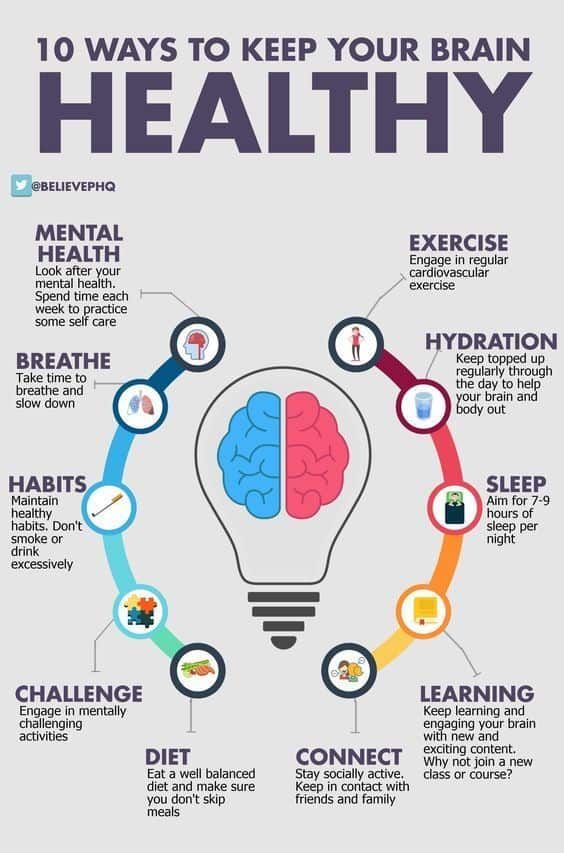
As a dancer practices and learns a routine, they are exercising the memory centers of their brain as well as strengthening their concentration. Dance routines also teach pattern recognition skills.
Building up these cognitive skills may contribute to a decrease in the risk of dementia and Alzheimer’s. Studies with Alzheimer’s patients have shown that including dance as part of a therapeutic routine can help improve, or slow the worsening of, the patient’s quality of life.
Helps With Emotional Expression
Dancing teaches expression through movement. Dancers are able to deal with difficult feelings and release them through the steps and routines learned during the dance lesson.
Performance helps extend this expression by placing the dancer in front of other people. What an individual may not be able to verbalize to others, they can often express in dance.
This development of emotional expression relates directly to flow and the reduction of depression.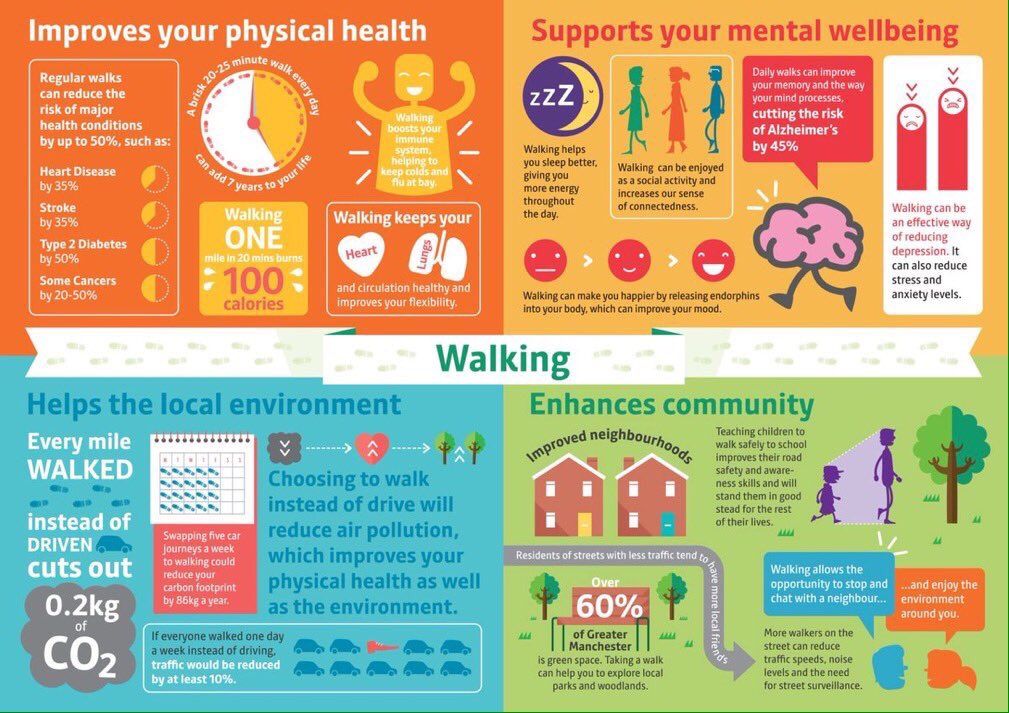 If a dancer can express their emotions during the flow of dance, they are also able to be mindful of the way they feel. Being able to recognize these emotions is one way to avoid succumbing to depression.
If a dancer can express their emotions during the flow of dance, they are also able to be mindful of the way they feel. Being able to recognize these emotions is one way to avoid succumbing to depression.
The Brain is a Holistic System
Being a holistic system means that what affects one area of the brain can affect all areas of the brain. This works for both negative and positive impacts made to an individual’s mental health.
Dance is an activity that positively affects all regions of the brain. The creation of flow and focus lends to a sense of mindfulness which is a powerful tool in combating struggles such as anxiety. Also, building confidence and self-esteem can have a direct effect on calming social anxiety.
While taking that first step into a dance studio may seem like a monumental challenge, there is no denying that the lasting effects of dance are well worth the leap.
If you are interested in learning more about the mental health benefits of dance, or wish to enroll in one of our many dance classes, please contact Elite Dance Studio today.
How Dancing Can Improve Your Mental Health
There are many reasons why dance can be great for your mental health. For one, it’s a form of exercise. Exercise is known to have a lot of benefits for the mind and body, such as reducing stress and anxiety levels. Dance can also be a fun way to express yourself. It can help you feel more confident and comfortable in your own skin. When you’re feeling down, dancing can help you feel happier and more positive. It can also help to improve your overall mood. Dancing is a great way to socialize and meet new people. Spending time with others can help reduce stress levels and promote positive emotions. Dancing with friends or family can also be a fun way to spend time together.
How Much Evidence is There that Dancing Affects Mental Health?
Dancing has long been thought to affect mental health. Dancers tend to be more empathetic than the average person, according to Fehr (2010). This may open them up to slightly higher rates of depression and anxiety than someone who is less emotionally aware. However, dancing is an active way of coping with these emotions rather than avoiding them or giving in to them. Dancing improves mood, increases energy levels and releases endorphins which make people feel better about themselves.
However, dancing is an active way of coping with these emotions rather than avoiding them or giving in to them. Dancing improves mood, increases energy levels and releases endorphins which make people feel better about themselves.
Can Dancing Make you Happy?
Dancing has been shown to have a positive effect on people with depression and anxiety. In one study dancing for just 25 minutes reduced the symptoms of depression by 47 percent and dancing for 45 minutes reduced the symptoms of anxiety by 57 percent. Other studies have found dancing can decrease cortisol levels which is a hormone released when we are stressed.
If you want to improve your mood, dancing is a great option. The benefits associated with dancing go far beyond making you feel happy. People who dance regularly tend to be less lonely, are more adventurous, more empathetic, and capable of forming stronger bonds with others than those who do not dance.
The Ways that Dancing Can Benefit your Mental Wellbeing
Are you looking for an activity that will not only improve your physical health but also your mental health? If so, then dancing may be the perfect choice for you! Here are just a few of the ways that dancing can benefit your mental wellbeing:
- Reduce stress and anxiety: When you dance, you are releasing endorphins and other positive hormones into your system.
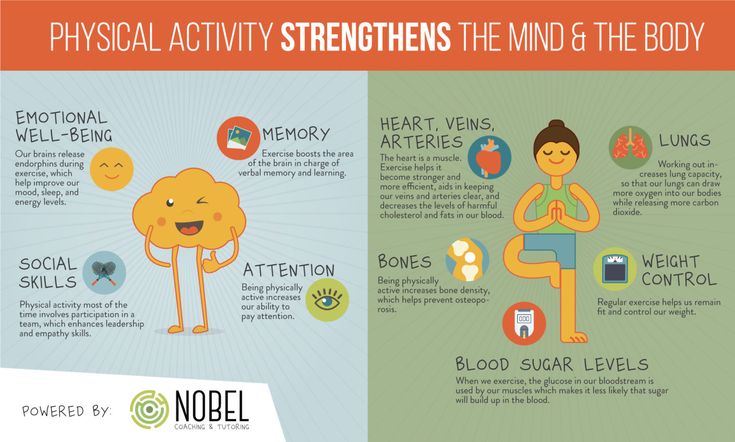 This can help to reduce stress and anxiety levels.
This can help to reduce stress and anxiety levels. - Improve mood: Dancing can be a great way to boost your mood. It is a fun and social activity that can make you feel happier and more positive.
- Increase self-confidence: Dancing can help you feel more confident in your own skin. It is a great way to express yourself and showcase your abilities.
- Enhance brain function: There is some evidence that dancing may improve brain function over time. It can help to keep your mind active and healthy.
- Help your heart: Dancing is a great form of exercise and can help to improve your overall cardiovascular health.
- Reduce pain and stiffness: Dancing can help to reduce pain and stiffness in the body. It is a great form of exercise for people who are dealing with chronic pain.
- Improve sleep quality: Dance can be a great way to relax and unwind after a long day.
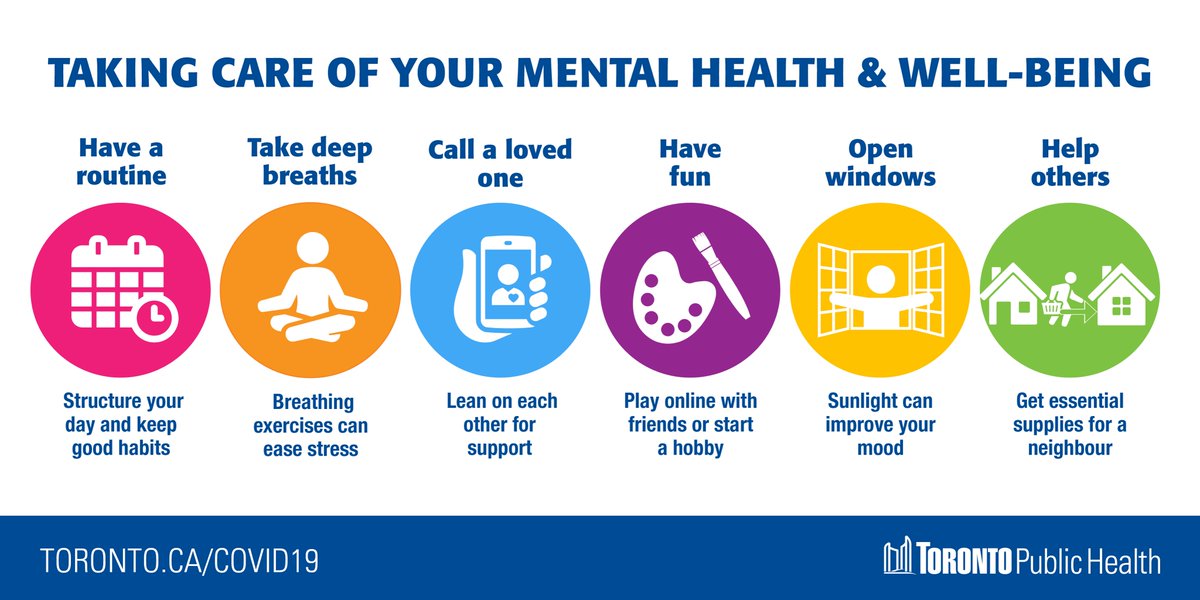 It can help to improve your sleep quality and make you feel more rested.
It can help to improve your sleep quality and make you feel more rested.
Health Benefits of Dance
Boost Memory: Retirees have a tendency to lose memory, but that’s not the case when they are constantly dancing. It has been discovered that dance is beneficial for maintaining memories in older adults.
Lose Weight: Dance It’s a fantastic exercise that will tone your whole body, that doesn’t require you to go to the gym. You can burn lots of calories by doing simple movements like salsa or waltz.
Better Balance: Dance requires you to have a good sense of balance, which can make it beneficial for people with mild or moderate Parkinson’s disease.
Increase Energy Levels: Dancing is an energetic activity that gives you more energy to do other things! So give yourself a chance to learn something new and take advantage of the health benefits of dance!
Improve Flexibility: Flexibility can be increased with dancing, and it’s a healthy way to maintain healthy joints.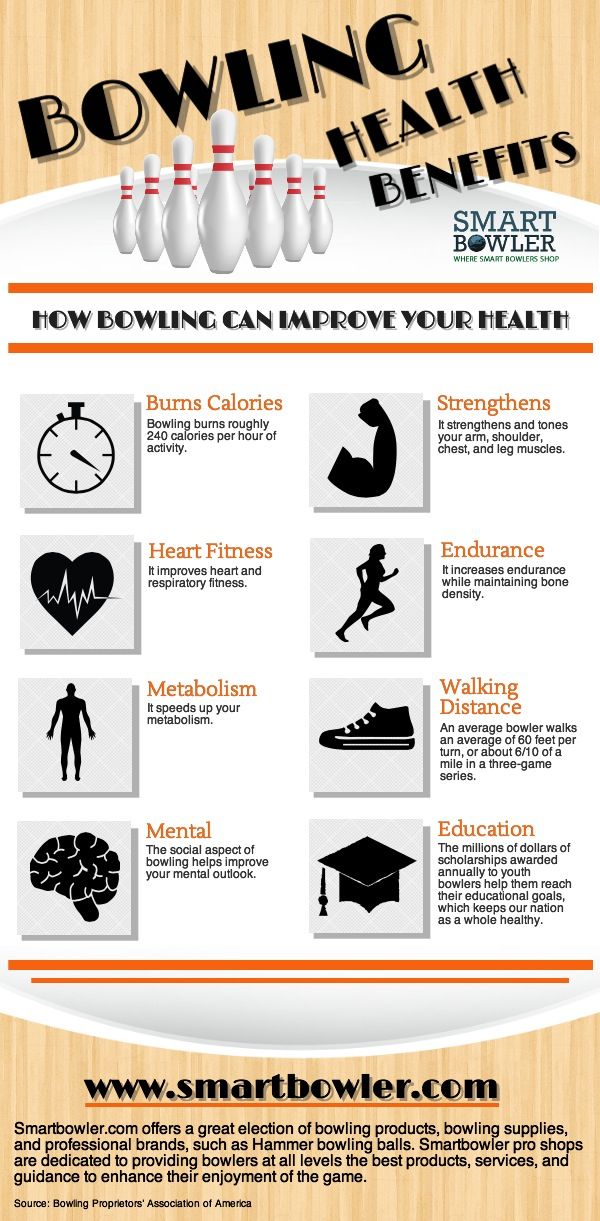 Even if you already have health problems that affect your joint health, dance is a safe exercise!
Even if you already have health problems that affect your joint health, dance is a safe exercise!
Combat Aging: The music makes us feel better about ourselves because it has been proven that listening to music releases dopamine in the part of our brain associated with pleasure and motivation.
How to Get Started Dancing
Dancing is a great low-impact exercise. As dancing is often done in groups it can be social and fun. Dancing is something everyone can do at any age. It’s best to start dancing in a class with others who know how to dance so you don’t feel self-conscious about your ability. But there are lots of ways people get started dancing without attending classes. If you’re not so confident dancing in public try dancing with someone you know to your favorite song at home. If dancing isn’t something you’ve ever thought about doing don’t let that put you off trying it now.
Come Try Our Dance Studio in Raleigh, NC
If you are looking for an enjoyable activity that will also benefit your mental health, then consider dancing! There are many different types of dance to choose from, so find one that fits your interests and abilities. Get in touch with our team today and join our dance classes. Give us a call at (919) 872-0111 today!
Get in touch with our team today and join our dance classes. Give us a call at (919) 872-0111 today!
Contact Us Today
No Partner Necessary
11 Benefits of Dancing for Mental Health We are constantly looking for ways to reduce their impact on mental and physical health. Meditation, yoga, music, sports are great ways to restore the balance of the body. Have you ever thought about dancing?
We continue to fight the occupier on the information front, providing only verified information and analytics.
The war deprived us of the opportunity to earn money, we ask for your support. nine0003
Support delo.ua
Dancing is a great way to have fun and get away from everyday life. A variety of modern trends can satisfy every person with any level of physical fitness. What are the mental health benefits of dancing and which style to choose for yourself?
Mood improvement
When your feet dance to the beat of the music, your body releases happy hormones that help improve your mood.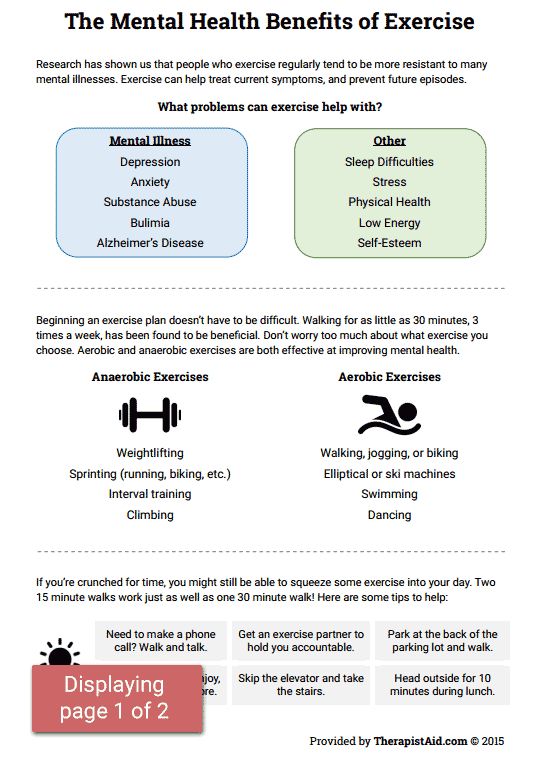 Along with this, dancing also helps reduce the symptoms of anxiety and depression. nine0003
Along with this, dancing also helps reduce the symptoms of anxiety and depression. nine0003
Reducing stiffness and reducing pain
We all cannot deny the fact that dance moves make the body flexible. Such movements reduce stiffness, chronic pain and have a positive effect on chronic diseases.
Subscribe to our YouTube channel
Dance style: ballet or modern dance.
Increasing muscle strength and aerobic power
When the body moves with the rhythm, it helps to strengthen the muscles and improve the body's aerobic strength. In addition, aerobic dancing gives energy and improves mental health. nine0003
Latest news
All newsDance style: aerobics, freestyle, tap and hip-hop.
Keeping your mind sharp
Dance therapy sharpens memory (when you start memorizing all the steps) and improves creativity.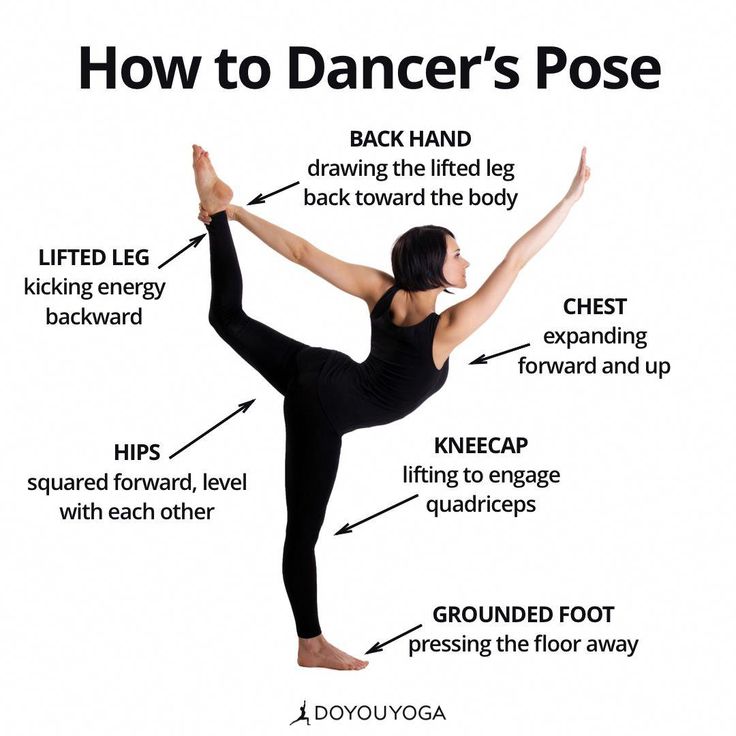 Dance is beneficial for children with autism and other mental illnesses (attention deficit hyperactivity disorder (ADHD) or social anxiety) as it improves learning ability and strengthens the nervous system. nine0003
Dance is beneficial for children with autism and other mental illnesses (attention deficit hyperactivity disorder (ADHD) or social anxiety) as it improves learning ability and strengthens the nervous system. nine0003
Dance style: ballroom, hip-hop, modern.
See also
-
- Category
- Health
How to learn to enjoy sports
Improving the functioning of the respiratory and cardiovascular systems nine0015
When we match the dance steps to the rhythm of the music, it helps to reduce breathing problems. In addition, dance saves us from various heart diseases, as it improves blood circulation in the body.
Dance style: freestyle, ballet, salsa, Irish dance.
stress reduction
As mentioned above, dancing releases happiness hormones that also help relieve stress.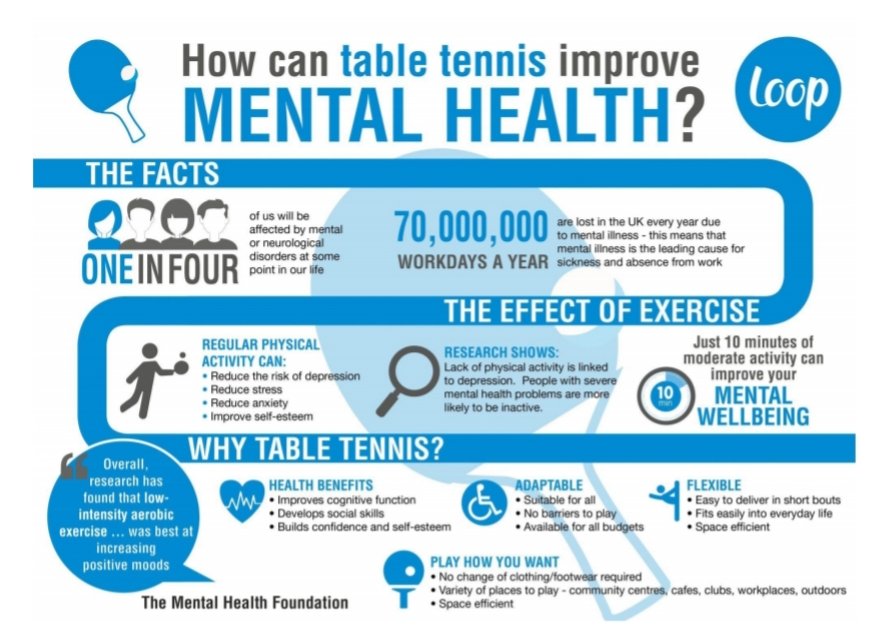 It uplifts the mood, adds optimism and inner peace. nine0003
It uplifts the mood, adds optimism and inner peace. nine0003
Dance style: aerobics, freestyle, hip-hop, modern, salsa.
Formation of social bonds
Dance therapy helps to create strong social bonds with like-minded people who are also passionate about dance. In addition, people with social anxiety, ADHD, and other mental illnesses can strengthen bonds with their loved ones, family members, and friends through dancing.
Dance style: salsa and ballroom.
Improving brain function
Dance therapy focuses on emotional expression and body movement to help relieve depressive symptoms. As mentioned above, dance sharpens memory, just as dance therapy improves brain function, since physical and mental health are closely related to each other.
Dance style: aerobics, freestyle, tap and hip-hop.
Reducing the likelihood of neurological disorders nine0015
Scientific evidence shows that dance therapy improves brain function and the transmission of chemicals that help stabilize mental health.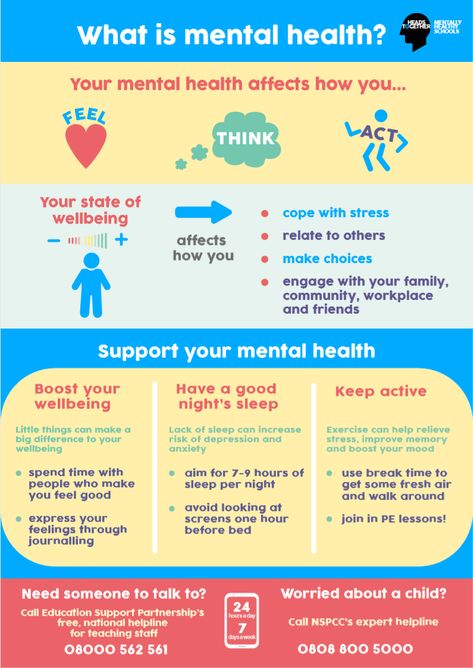 Improving the transfer of chemicals in the body reduces the likelihood of neurological and psychiatric disorders.
Improving the transfer of chemicals in the body reduces the likelihood of neurological and psychiatric disorders.
Dance style: hip-hop, tap and freestyle.
See also
-
- Category nine0061 Health
Exclusive Chronic fatigue: 4 real steps to get rid of it - recommends a psychologist
Reducing dizziness
Dancing helps you stay alert and motivated. Dance movements improve cognitive and mental abilities. Dancing strengthens the body and reduces the likelihood of dizziness. nine0003
Dance style: modern, aerobic, freestyle.
Increasing self-confidence and self-esteem
In addition to the various mental and physical health benefits of dancing, dance also helps boost self-esteem. Because of this, people with social anxiety can more easily deal with fear and anxiety.
Because of this, people with social anxiety can more easily deal with fear and anxiety.
Most importantly, while dancing, the body releases various mood-enhancing chemicals. And this, in turn, improves mental health and helps reduce stress and depression. nine0003
Once you start dancing every day, your ability to concentrate will constantly increase. You will learn to be in the present moment and begin to enjoy every minute. Dancing is not only about burning calories, it is an anti-stress practice and a mood-boosting activity. Dance and stay positive!
Health benefits of dancing
From physical health to social well-being, dance can change your life. nine0003
Petr Yastrebov
Tags:
Question answer
Popular
Health
Master1305 / Freepik
Agree, there is something special in music that can take away all our worries. Maybe it's the beat of your favorite tunes, or a mind-blowing workout that gets you off the couch. Or perhaps it's the challenge of mastering more complex movements that brings you so much joy. Regardless of the reasons, one thing is certain: the physical, mental, and emotional health benefits of dancing are endless. nine0003
Maybe it's the beat of your favorite tunes, or a mind-blowing workout that gets you off the couch. Or perhaps it's the challenge of mastering more complex movements that brings you so much joy. Regardless of the reasons, one thing is certain: the physical, mental, and emotional health benefits of dancing are endless. nine0003
Whether you're 80 or eight years old, the physical challenges of dancing can change anyone. Here we will talk about the main health benefits of moving to music.
Physical Health
Dancing is an exercise, so the physical benefits of dancing will be the same as other cardio workouts.
1. Improves cardiovascular health. The US Department of Health recommends that adults do 150 to 300 minutes per week of moderate-intensity exercise, or 75 to 150 minutes of vigorous-intensity aerobic exercise. Almost any dance style can help you meet these norms - this is an excellent cardio workout.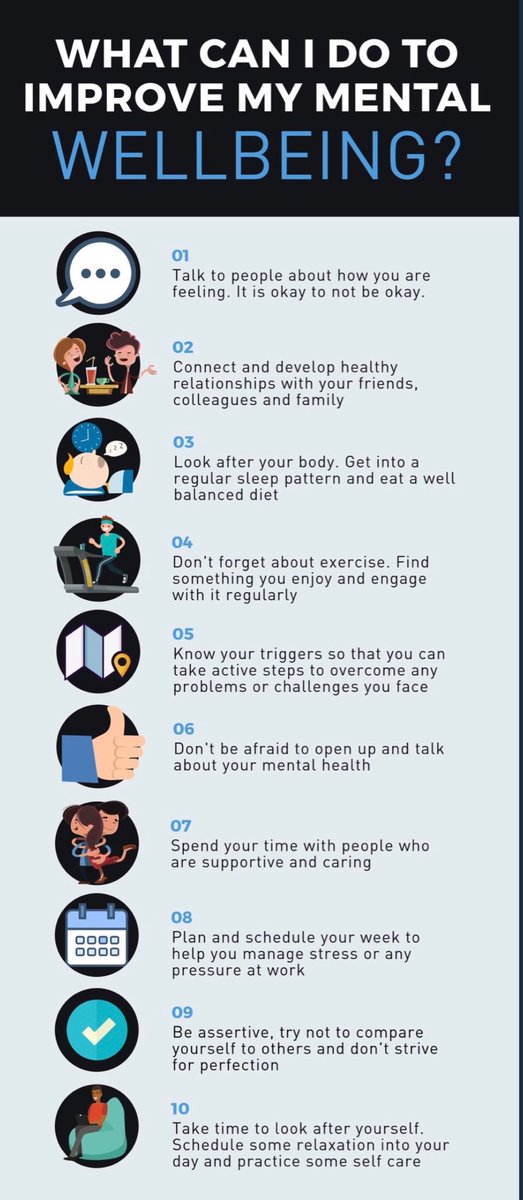 nine0003
nine0003
2. Improves balance and strength. One of the reasons why dance is a good option for improving physical fitness is that it includes movements in all planes and in all directions. Everyday walking, climbing stairs, cycling take place in the sagittal plane, but dance makes the body act in a much more varied way, involving all the muscles. It also improves the sense of balance.
3. Gentle on your body. Many dance styles, such as ballroom dancing, are suitable for people with physical disabilities or chronic health problems. If you are concerned about the intensity of the class, talk to your doctor and instructor before starting the class. If necessary, they can help you with adjustments. nine0003
( Read also: 4 facts about how music affects our health)
Mental health
4. Increases cognitive abilities.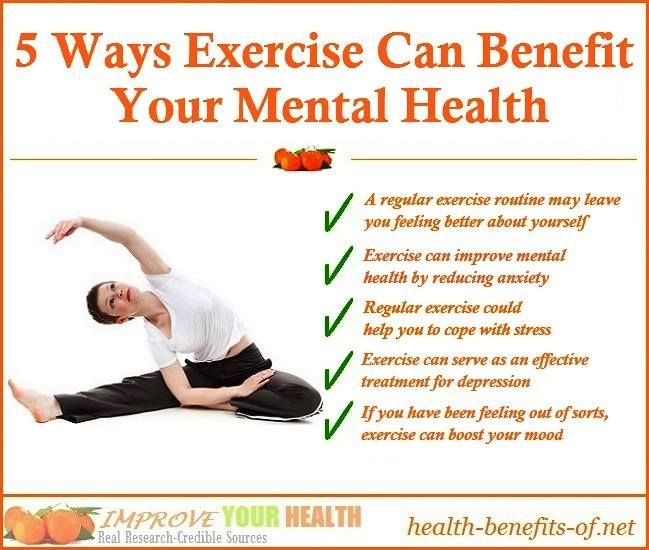 If you need a reason to move, consider this: Many studies show that dancing can maintain and even increase your ability to think as you age. But how does it happen? Scientists have found that areas of the brain that control memory and cognitive skills (planning and organization) improve their performance with exercise, such as dancing. Also, unlike other forms of exercise, dance has the added benefit of improving balance through rhythm and music. nine0003
If you need a reason to move, consider this: Many studies show that dancing can maintain and even increase your ability to think as you age. But how does it happen? Scientists have found that areas of the brain that control memory and cognitive skills (planning and organization) improve their performance with exercise, such as dancing. Also, unlike other forms of exercise, dance has the added benefit of improving balance through rhythm and music. nine0003
5. Challenges your brain. If you've ever tried tap dancing, you know exactly what we mean by brain-challenging dance. In particular, the mental ability you need to dance requires you to focus on both constantly changing movements and memorizing movements and patterns. This is a great exercise for the mind, regardless of age.
( Read also: 9 ways pets affect our health.)
Emotional health
6.